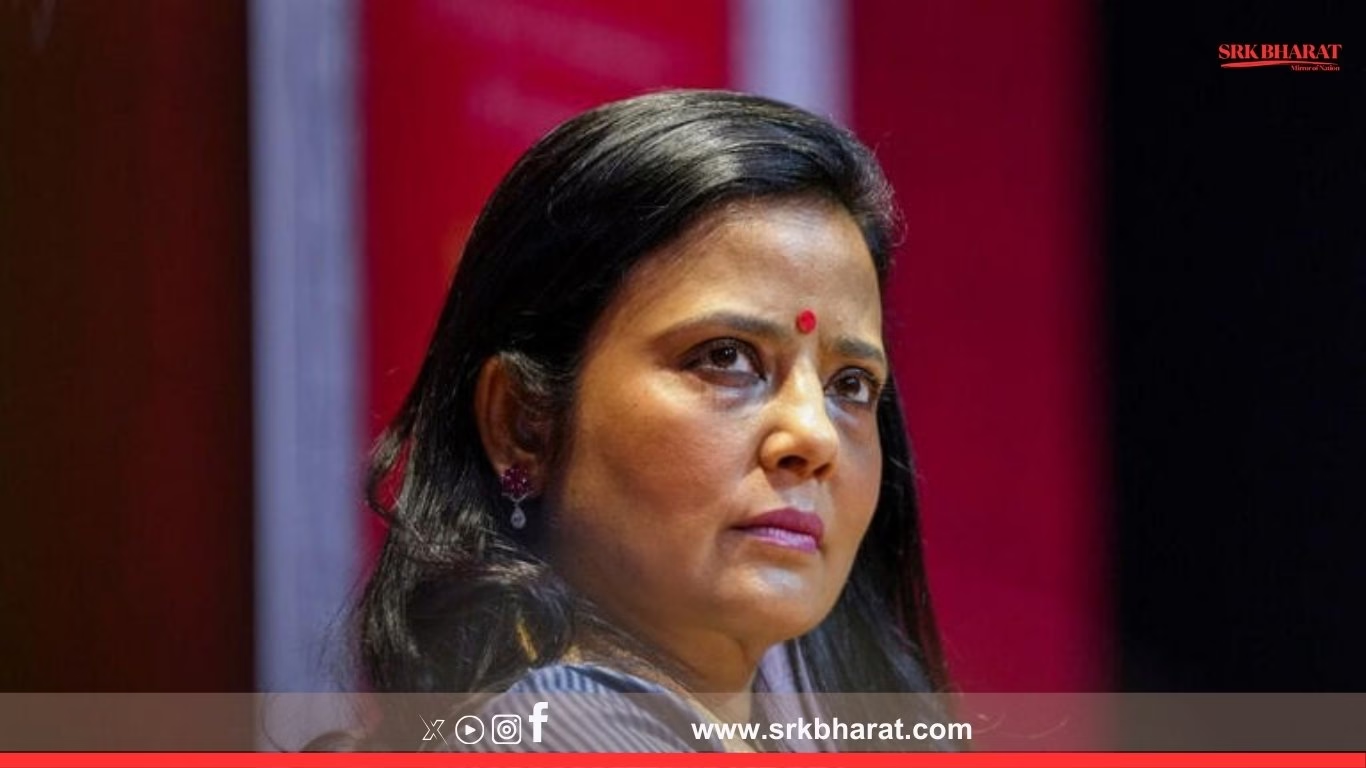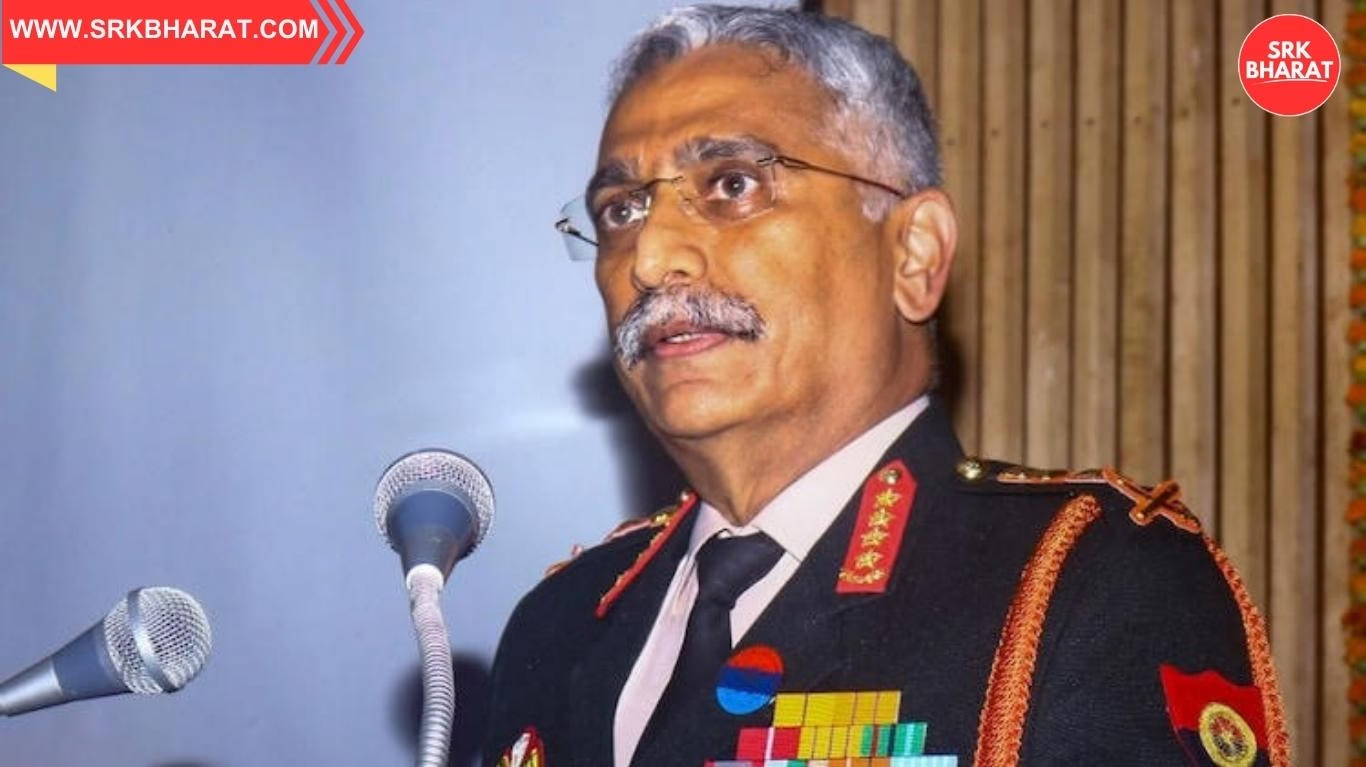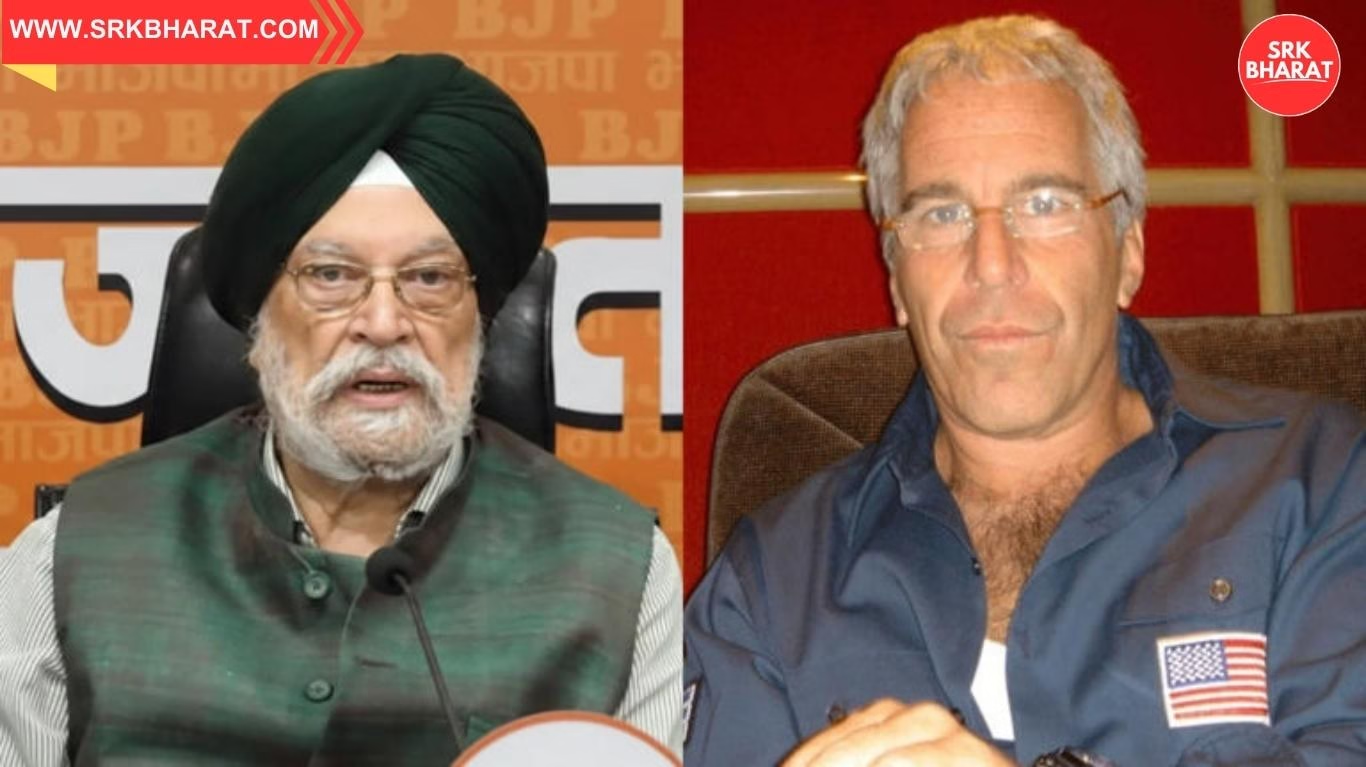The political storm over India’s electoral credibility intensified after Trinamool Congress (TMC) leader Mahua Moitra lashed out at Chief Election Commissioner (CEC) Gyanesh Kumar for his controversial remark regarding the presence of 22 lakh dead voters on the rolls. Calling the statement “absolutely ridiculous,” Moitra accused the Election Commission of incompetence and warned that such lapses severely undermine the democratic process.
This fresh controversy has once again put the spotlight on the credibility of India’s voter list management, an issue that has long been a point of contention between the opposition and the Election Commission of India (ECI).
Mahua Moitra’s Counterattack
Responding sharply to the CEC’s statement, Moitra said:
“The idea that there are 22 lakh dead voters in the system is absolutely ridiculous. This is not just negligence; it reflects a deeper failure to ensure fair elections. How can the world’s largest democracy function if such discrepancies exist?”
Moitra further alleged that the ruling party benefits from such loopholes, suggesting that fake votes and ghost voters could tilt results in closely contested constituencies. She demanded a comprehensive audit of the electoral rolls, particularly in states where voter list irregularities have been repeatedly flagged.
CEC’s Remark That Sparked the Row
CEC Gyanesh Kumar had earlier acknowledged that the electoral rolls across India could contain up to 22 lakh names of deceased voters. He clarified that voter list updation is a continuous process and the figure was based on routine demographic corrections, not deliberate manipulation.
However, the admission has sparked widespread outrage, with opposition leaders arguing that the Election Commission’s inability to remove such a large number of ineligible voters raises questions about electoral fairness.
The Scale of the Issue: Dead Voters on Electoral Rolls
The presence of dead or duplicate voters has been a recurring concern in Indian elections. According to electoral data analysis, even small discrepancies can alter outcomes in marginal seats.
| Category | Estimated Number | Potential Impact |
|---|---|---|
| Dead Voters | 22 lakh (as per CEC) | Risk of proxy/fake voting |
| Duplicate Entries | 5-7 lakh (approx) | Inflates voter rolls |
| Missing/Disenfranchised Voters | 10-12 lakh (as per opposition claims) | Suppresses genuine votes |
Opposition leaders argue that in a democracy where elections are often decided by margins of less than 5,000 votes in several constituencies, 22 lakh invalid entries could be decisive.
Opposition Voices Rally Behind Moitra
Following Moitra’s strong words, leaders across opposition parties backed her stance:
- Akhilesh Yadav (SP): “This is not a clerical error. It is a systemic failure.”
- Priyanka Chaturvedi (Shiv Sena – UBT): “Dead voters exist, but living voters are denied their rights. This is the irony of our democracy.”
- Mallikarjun Kharge (Congress): “The Election Commission must act as a neutral body. Such lapses cannot be brushed aside.”
BJP’s Defense of the Election Commission
The ruling BJP dismissed Moitra’s allegations, defending the Election Commission’s credibility.
- BJP spokesperson Sambit Patra argued: “These claims are a deliberate attempt to discredit India’s democratic institutions. Dead voters are routinely removed, and the figure mentioned by the CEC is part of an internal correction process.”
- Union Minister Anurag Thakur added: “Mahua Moitra and her allies are trying to create unnecessary doubts in the minds of voters. The Election Commission is functioning independently.”
Voter List Irregularities: Historical Background
The issue of voter list integrity is not new in India. Over the years, multiple state elections have seen disputes regarding inflated or faulty voter lists.
- In 2019, opposition parties in Andhra Pradesh and Telangana alleged large-scale deletion of minority and Dalit voters.
- In West Bengal, both the BJP and TMC have accused each other of manipulating rolls ahead of state elections.
- In Bihar, a similar controversy erupted when opposition leaders claimed that the voter list had over 1.5 lakh ghost entries.
Such recurring disputes underline the urgent need for systemic reforms in the electoral roll management process.
Technological Solutions and Reforms
Experts have long argued that India must adopt a tech-driven approach to voter list management. Some proposed reforms include:
| Proposed Reform | Expected Benefit |
|---|---|
| Linking Voter ID with Aadhaar | Eliminates duplication |
| Real-time Death Registrations | Immediate removal of deceased voters |
| Facial Recognition in Polling Booths | Prevents impersonation |
| Blockchain-based Voter Records | Enhances transparency |
However, privacy activists have raised concerns about linking Aadhaar with voter ID, citing risks of surveillance and data misuse.
The Political Battle Ahead
The controversy has also assumed a larger political dimension. For the opposition, the “22 lakh dead voters” narrative strengthens their broader allegation that democratic institutions are being compromised. For the BJP, it is about defending the credibility of the Election Commission and the electoral system.
With general elections on the horizon, both sides are likely to use this issue to sharpen their campaign messaging.
Public Sentiment and Trust Deficit
The revelation has fueled a trust deficit among ordinary voters. Many citizens took to social media, questioning how the Election Commission could allow such discrepancies in a digital age. Some expressed fears that their votes could be misused, while others mocked the idea of “ghost voters deciding elections.”
Conclusion
The war of words between Mahua Moitra and CEC Gyanesh Kumar highlights a deeper concern about the integrity of India’s democratic process. While the Election Commission insists that electoral roll corrections are routine, the scale of the numbers involved has alarmed citizens and given the opposition fresh ammunition.
As Moitra said, the issue is not just about numbers but about trust in democracy itself. Unless the Election Commission introduces transparent mechanisms and addresses concerns head-on, controversies around voter lists are likely to resurface in every election cycle.
Disclaimer: This article is based on political statements, available data, and expert commentary. It does not independently verify the authenticity of the claims regarding electoral rolls. Readers are advised to consider multiple perspectives before forming conclusions.











